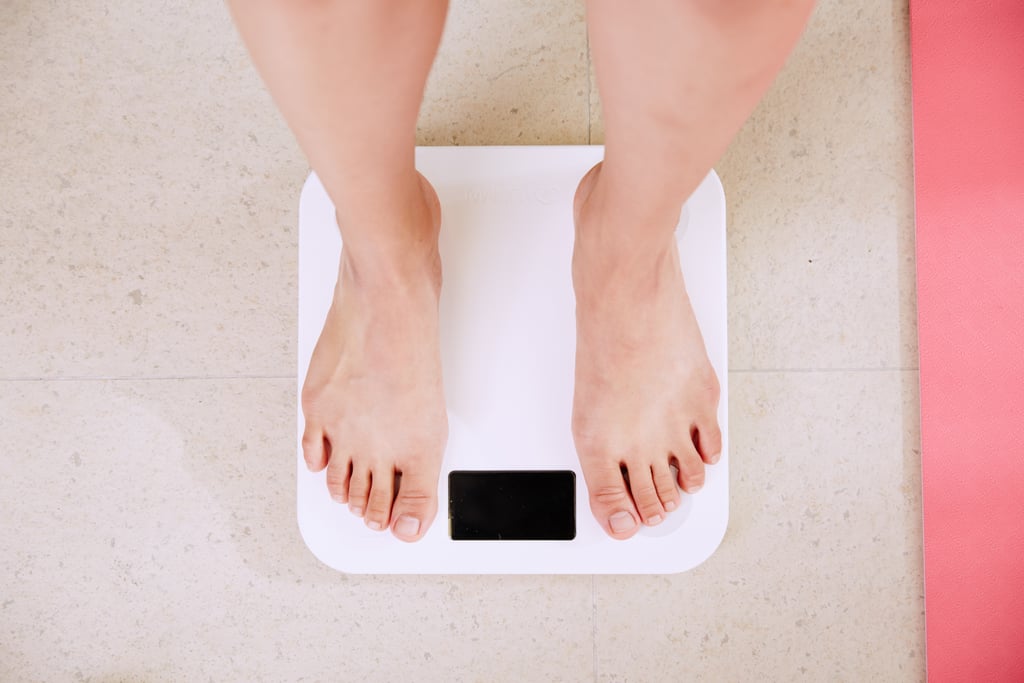Fat vs. Muscle: How Do I Know If I'm Gaining Muscle or Fat?
If You're Gaining Weight, Experts Explain How to Tell If It's Muscle or Fat

There are a number of ways to tell the difference between fat versus muscle weight gain. First, we want to point out that everyone's bodies store fat differently. Based on genetics, some people store more visceral fat — fat that's around the organs within the abdominal cavity — and others store more subcutaneous fat, or the fat you can pinch with your fingers (you can read about that here).
Another note: if you're actively trying to put on muscle, chances are you'll be able to tell if you're getting leaner or bulking up, which we'll touch on ahead. People also wonder, on the other hand, if building muscle will impede their weight-loss goals, which we'll discuss as well. We spoke to two experts on the differences between putting on muscle versus fat weight, why muscle can actually help with weight loss, and why you can't necessarily go by the number on the scale to track your progress.
How Muscle Forms vs. How Fat Forms (and How You Can Actually Gain Both at the Same Time)

Myth Buster: Muscle Doesn't "Weigh" More Than Fat

How to Tell the Amount of Muscle and/or Fat You Have

How to Tell Physically If You're Gaining Fat vs. Muscle

Building Muscle Helps With Fat Loss

Don't Base Your Weight-Loss Progress Solely on Scale Numbers

Looking For Workout and Nutrition Plans? Check These Out









